Debunking 5 Common Myths About Septic Systems
Septic systems play a critical role in managing household wastewater, especially in areas without access to municipal sewer systems. Despite their importance, misconceptions about these systems are widespread, leading many homeowners to either neglect their septic systems or invest in unnecessary repairs. Understanding how septic systems truly work can save you money, prevent environmental issues, and extend the life of your system.
Unfortunately, misinformation can make routine maintenance seem complicated or even unnecessary. Many homeowners mistakenly believe that septic systems are "set it and forget it" installations, but these systems require proper care to function efficiently. Small mistakes, like flushing the wrong items or ignoring slow drains, can result in costly problems down the line. Educating yourself about common myths helps you take proactive steps, including regular inspections and timely septic pumping services, to keep your system in top shape. By learning the facts, you can protect both your investment and the environment around your home.
Myth 1: Septic Systems Don’t Need Regular Maintenance
One of the most common myths about septic systems is that they are maintenance-free. While it may seem like a tank buried underground doesn’t require attention, regular maintenance is essential to prevent costly problems. Neglecting your septic system can lead to clogs, backups, and even complete system failure, which often requires expensive repairs or replacements.
Septic systems rely on bacteria to naturally break down waste. Over time, solids accumulate at the bottom of the tank, and without proper removal, these solids can overflow into the drain field, causing blockages and environmental hazards. This is where professional septic pumping services become invaluable. Pumping the tank every three to five years, depending on household size and usage, keeps your system functioning efficiently.
Regular inspections also help identify minor issues before they escalate. Professionals can check for leaks, cracks, or failing components in the system, ensuring longevity and preventing contamination of local groundwater. In essence, proper maintenance not only safeguards your home but also protects public health and the environment.
Myth 2: Flushing “Safe” Items Won’t Harm Your System
Many homeowners assume that items labeled as "flushable" or "septic-safe" are harmless to septic systems. In reality, even products marketed this way can interfere with the delicate bacterial balance in your tank. Wipes, paper towels, and certain chemical cleaners can slow down or kill beneficial bacteria, resulting in clogs and reduced system efficiency.
It’s important to remember that septic systems are designed to handle human waste and toilet paper, nothing more. Chemicals like bleach, drain cleaners, and antibacterial soaps can disrupt the natural decomposition process. Even small amounts can accumulate over time, increasing the risk of expensive repairs. By being mindful of what goes into your system, you help maintain its health and effectiveness.
Scheduling regular septic pumping services can mitigate the risks associated with accidental flushes. A professional team will remove accumulated solids and check for any signs of blockage or contamination, keeping your system in optimal condition. Adopting this proactive approach prevents unnecessary headaches and ensures that your system operates smoothly for years to come.
Myth 3: All Septic Systems Are the Same
Another common misconception is that all septic systems function in the same way. While the basic principles are similar, there are various types of septic systems, including conventional, aerobic, and advanced treatment units. Each system has unique components and maintenance requirements, which means a one-size-fits-all approach is ineffective.
For instance, conventional septic systems rely on a gravity-fed tank and drain field, whereas aerobic systems use oxygen to accelerate waste decomposition. Advanced treatment units may include mechanical components that require specialized care. Understanding your specific system type helps homeowners follow the correct maintenance schedule, including the timing and frequency of septic pumping services.
According to Forbes, septic tanks typically last 20 to 40 years. This impressive lifespan is contingent on proper care, regular inspections, and timely pumping. Homeowners who treat their system like a "set it and forget it" installation often face costly repairs long before the tank reaches its expected life. Knowing your system type and adhering to recommended maintenance protocols is the key to maximizing longevity.
Myth 4: You Can Save Money by Ignoring Minor Problems
Some homeowners believe that ignoring small issues, like slow drains or odors, will save money in the long run. In truth, postponing maintenance can result in much larger expenses. A minor clog in your system can escalate into a complete failure of the tank or drain field, requiring significant repair or even replacement costs.
Early signs of septic issues include gurgling sounds in plumbing, slow drainage, and foul odors around the tank or drain field. These problems are often easy to address if caught early, especially when combined with routine septic pumping services. Ignoring these warning signs allows minor issues to evolve into emergencies, costing thousands of dollars in repairs.
Investing in preventative maintenance not only protects your finances but also safeguards your property and the environment. Regular pumping and inspection prevent solids from entering the drain field, ensuring that wastewater is properly treated and absorbed. In the long run, a small upfront investment in maintenance saves both money and stress.
Myth 5: Septic Systems Can Handle Anything
Perhaps the most dangerous myth is the belief that septic systems are invincible and capable of handling anything a household throws at them. Septic systems are engineered for specific waste loads, and exceeding these limits can cause serious damage. Overloading the system with excessive water, food waste, or harsh chemicals can compromise the tank’s function and lead to costly repairs.
Water conservation is critical for septic system health. Excessive water use from long showers, dishwashers, or laundry machines can overload the tank, reducing its efficiency and causing backups. Similarly, pouring grease, oils, or chemicals down drains can solidify in the tank, creating blockages that require professional attention. Timely septic pumping services help remove accumulated solids and maintain proper system balance.
Educating your household on proper septic usage is just as important as professional maintenance. By understanding the limitations of your system and avoiding harmful practices, you can ensure reliable performance and longevity. Responsible usage combined with regular professional care protects your investment and the surrounding environment.
Septic systems are complex but manageable components of home infrastructure. Dispelling myths about maintenance, flushing habits, system types, and capacity can prevent unnecessary costs and environmental harm. Regular inspections and septic pumping services play a crucial role in keeping your system operating efficiently for decades.
Understanding how septic systems function and investing in proper care ensures both safety and peace of mind. With the right knowledge and maintenance habits, homeowners can enjoy the benefits of a reliable septic system while avoiding the pitfalls associated with misinformation. Don’t let myths compromise your system: treat it with the attention it deserves.
Investing in professional care and informed usage not only extends the life of your septic system but also protects your property and the surrounding ecosystem. Remember, the longevity of a septic system is directly linked to how well it’s cared for. By following best practices and seeking professional assistance when needed, you ensure your system remains a dependable part of your home for many years to come.
Don’t wait for problems to arise. Let Service Connected, Inc handle your septic pumping services and keep your system running efficiently.
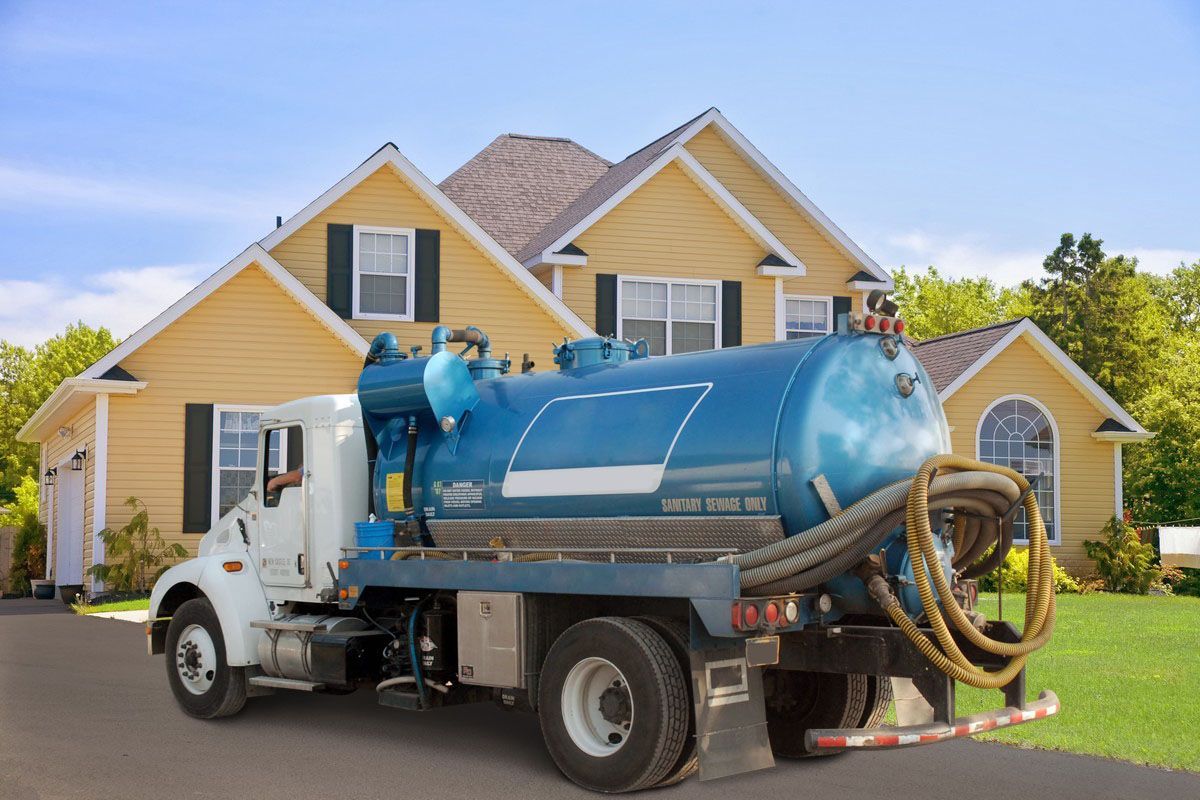
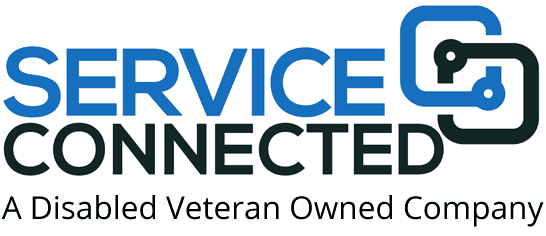
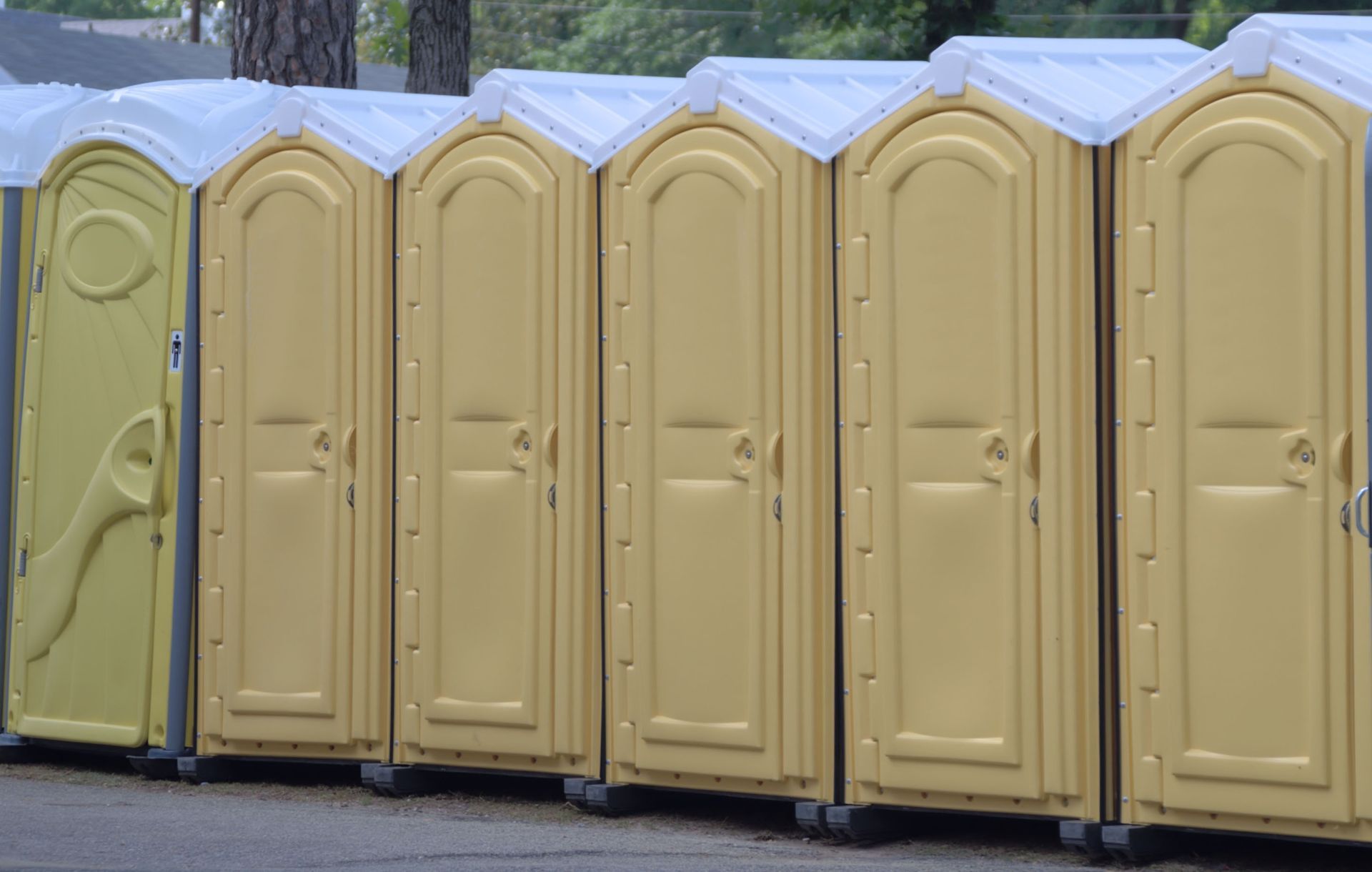
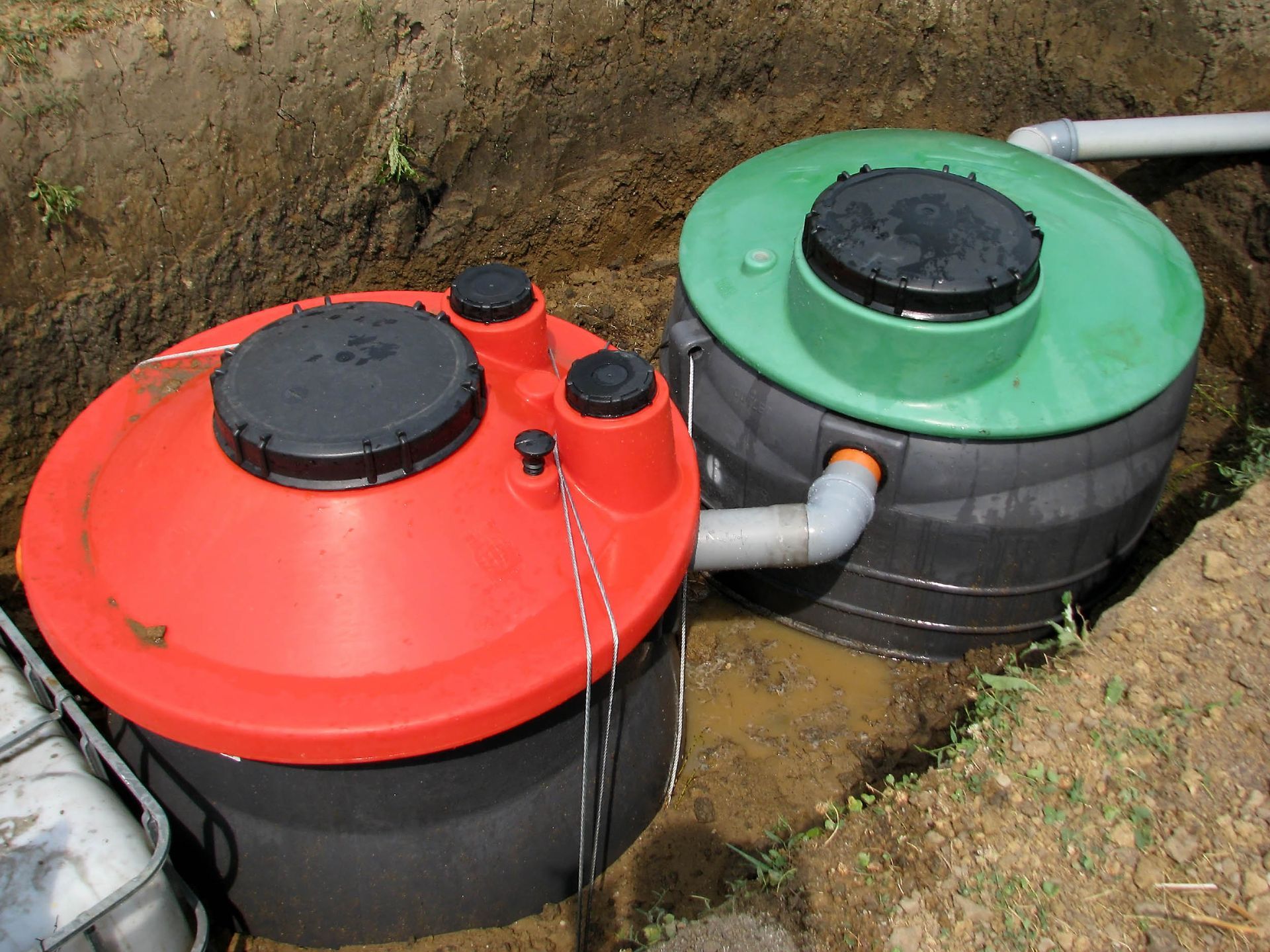
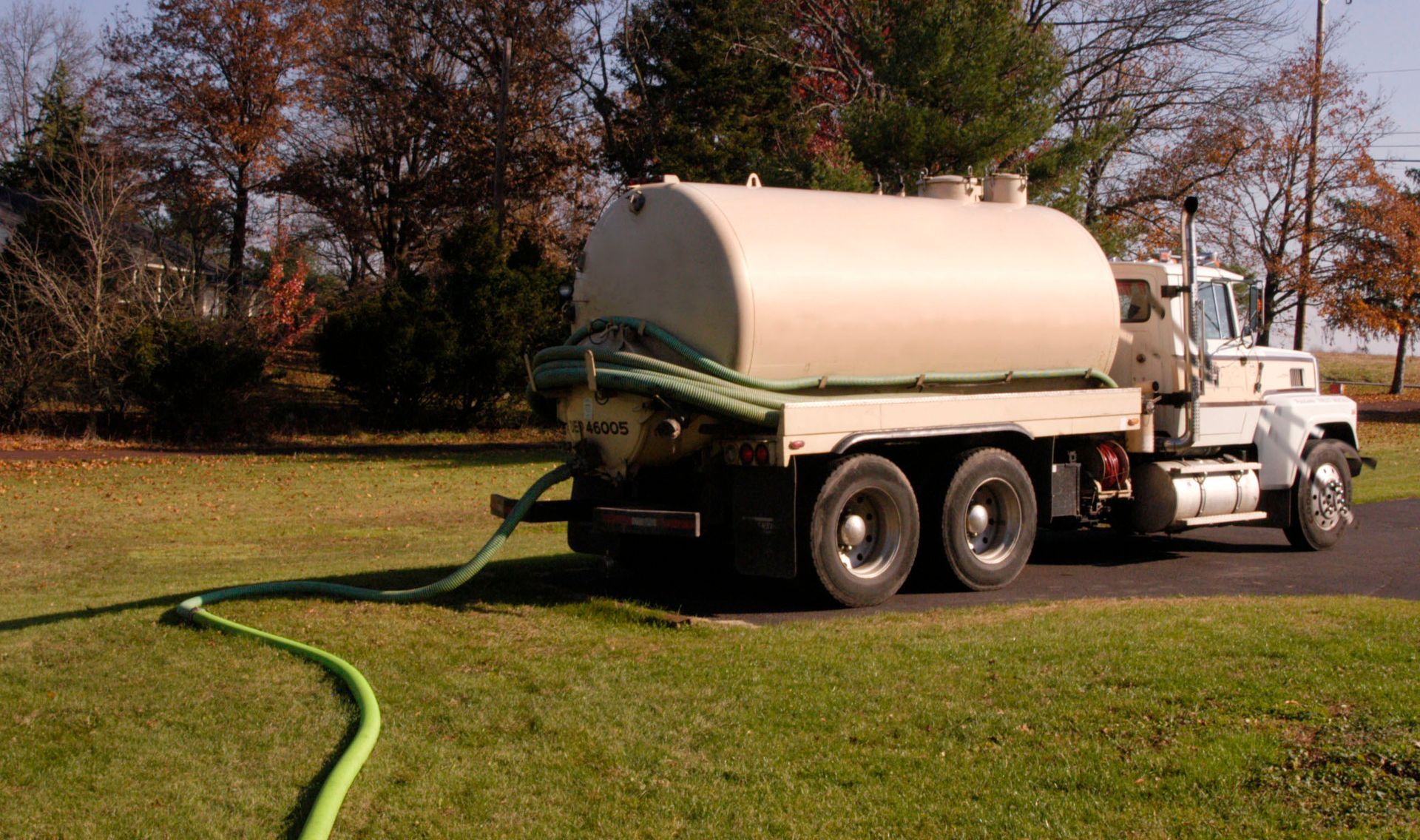



Share On: